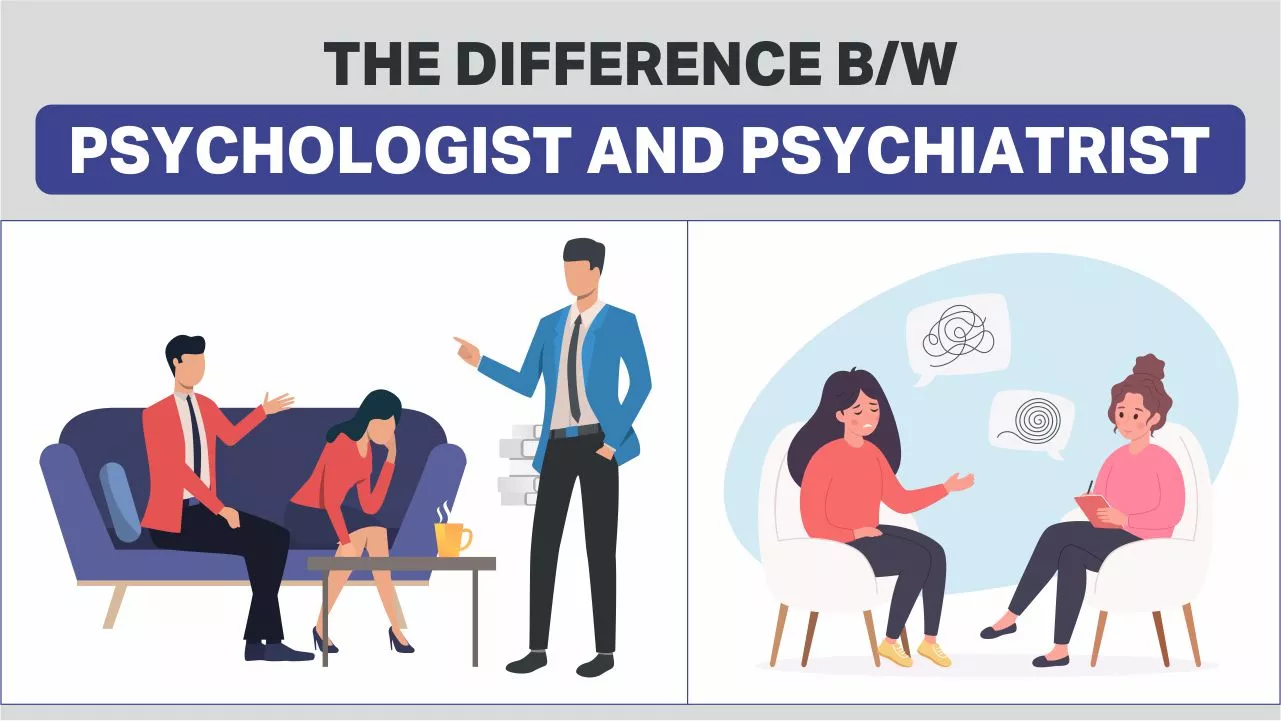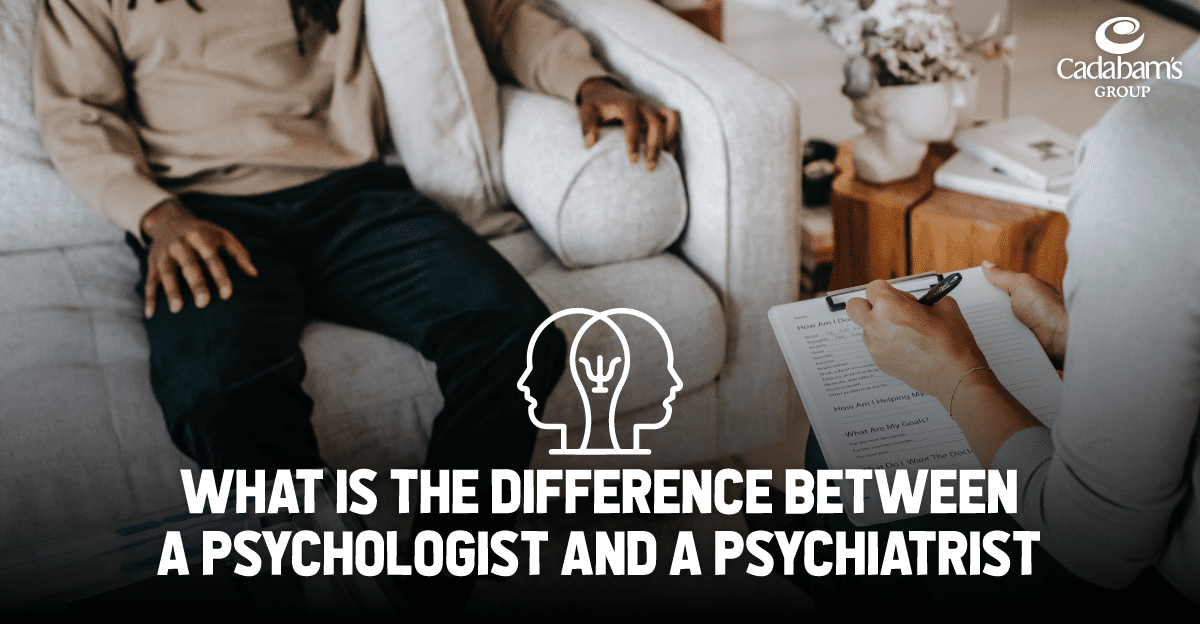The Relevance of Looking For Aid from the Best Psychologist in Delhi for Stress Monitoring
Psych Treatment: A Comprehensive Overview to Strategies and Results

Cognitive-Behavioral Treatment
Cognitive-Behavioral Therapy (CBT) is a widely utilized psychotherapeutic strategy that focuses on determining and changing dysfunctional reasoning and behavior patterns. Developed in the 1960s by Aaron T. Beck, CBT incorporates cognitive and behavioral concepts to resolve numerous mental health and wellness concerns, consisting of depression, stress and anxiety, and stress-related problems.
Techniques such as cognitive restructuring, direct exposure treatment, and skill-building exercises are commonly used. Cognitive restructuring entails difficult and altering adverse idea patterns, while exposure treatment intends to decrease anxiety and anxiousness with gradual direct exposure to feared items or situations.
Evidence-based study supports the efficacy of CBT for a large range of emotional conditions - Best Psychologist in Delhi. Its emphasis on skill acquisition and self-help strategies empowers customers to continue progression independently after treatment wraps up. The flexibility and efficiency of CBT have actually made it a foundation in modern psychotherapeutic method
Psychodynamic Approaches
Rooted in the very early theories of Sigmund Freud, psychodynamic techniques concentrate on exploring the unconscious mind and its impact on behavior and feelings. These methods aim to reveal covert ideas and sensations that may be driving maladaptive habits and emotional distress. Central to this method is the principle of internal dispute, typically stemming from unsettled previous experiences, particularly those from youth.
Therapists making use of psychodynamic techniques utilize a number of vital methods, consisting of cost-free association, where clients are urged to speak easily to expose subconscious product, and dream analysis, which translates the unrealized content of dreams. Furthermore, the expedition of transfer and countertransference characteristics within the healing relationship is essential. These communications can give understandings right into the patient's interior globe and relational patterns.
Psychodynamic treatment is commonly longer-term compared to other modalities, providing a thorough and deep understanding of the person's subconscious. Research suggests that it can be specifically effective for complex mental health issues, such as personality problems and persistent depression. By cultivating self-awareness and psychological understanding, psychodynamic treatment looks for to bring unconscious material to consciousness, making it possible for people to accomplish long-term and meaningful adjustment in their lives.
Humanistic Techniques
Structure on the foundations laid by psychodynamic techniques, humanistic techniques supply a distinctive viewpoint focused on specific prospective and self-actualization. Coming from the mid-20th century, these strategies prioritize the integral goodness and development potential of individuals, highlighting a holistic view of human experience. Key figures such as Carl Rogers and Abraham Maslow have substantially affected this restorative method, which incorporates approaches like client-centered treatment and Gestalt therapy.
Client-centered treatment, developed by Rogers, plays a crucial role in humanistic methods. It depends on the specialist giving a setting of genuine positive respect, empathy, and harmony. This promotes a risk-free area for customers to explore their sensations and experiences without judgment, facilitating self-discovery and individual growth. The specialist's duty is even more of a facilitator than an authority, urging clients to harness their internal resources for healing.
Gestalt therapy, one more vital humanistic technique, emphasizes existing minute recognition and the assimilation of body and mind. By concentrating on the "present moment," clients get higher insight into their existing emotions and actions. Methods such as role-playing and assisted visualization are typically used to assist clients acquire a much deeper understanding of themselves, eventually bring about boosted self-awareness and satisfaction.
Integrative Therapies
Integrative therapies stand for a synthesis of different restorative techniques tailored to meet the one-of-a-kind demands of each customer. This method recognizes the intricacy of human psychology and the multifaceted nature of psychological health concerns. By integrating components from different colleges of psychiatric therapy-- such as cognitive-behavioral treatment (CBT), psychodynamic treatment, and humanistic approaches-- integrative therapies provide an even more adaptable and alternative treatment paradigm.
Experts of integrative treatment assess each client's certain requirements, signs, and personal background to develop a tailored therapy strategy. This individualized strategy enhances the possibility for healing success by attending to the source of psychological distress and advertising overall well-being. Strategies could consist of mindfulness workouts, cognitive restructuring, and emotional handling, each picked to target different elements of the customer's issues.
In addition, integrative treatments emphasize the restorative partnership, viewing the client-therapist bond as a vital component of reliable therapy. This partnership cultivates an encouraging environment where clients really feel risk-free to discover and resolve their concerns. The adaptability of integrative treatments makes them appropriate for a wide variety of problems, consisting of anxiety, depression, injury, and social difficulties, therefore enhancing their applicability and performance in diverse clinical setups.

Measuring Treatment Results
Reviewing the effectiveness of psychotherapy is essential for both medical professionals and clients to make sure that the therapy is producing the preferred end results. To accomplish this, various approaches page and devices are utilized to gauge therapy outcomes methodically. Standardized analysis instruments, such as the Beck Clinical Depression Inventory (BDI) and the Generalized Anxiety Condition 7 (GAD-7), provide measurable data on symptom intensity and modifications with time.
Along with standardized devices, qualitative methods like customer self-reports and professional interviews use beneficial insights into the individual experiences and regarded progress of clients. Routinely arranged analyses, usually at the start, midpoint, and end of therapy, assistance in tracking the trajectory of enhancement or recognizing locations requiring adjustment.
Outcome measurement is not restricted to signs and symptom decrease; it also encompasses practical improvements in every day life, such as much better interpersonal connections, boosted job performance, and enhanced overall well-being. Modern improvements in electronic health have introduced mobile apps and online platforms that facilitate real-time monitoring and i loved this feedback, further refining the analysis procedure.
Eventually, a detailed technique to determining therapy outcomes ensures that therapeutic treatments are reliable, effective, and tailored to meet the individual demands of customers, consequently enhancing the overall healing experience.
Verdict
Humanistic methods concentrate on individual growth and self-actualization, while integrative treatments combine several methods for tailored therapy strategies. Assessing treatment outcomes with qualitative methods and standardized evaluations ensures a detailed understanding of efficiency, inevitably guiding clients toward sustaining psychological health enhancements.
From the organized strategy of Cognitive-Behavioral Treatment (CBT) to the deep exploration of the unconscious in psychodynamic therapy, each approach brings distinct advantages. Its focus on ability purchase and self-help strategies encourages customers to continue progress independently after therapy wraps up (Best Psychologist in Delhi). Secret numbers such as Carl Rogers and Abraham Maslow have actually significantly influenced this therapeutic method, which incorporates approaches like client-centered treatment and Gestalt therapy
